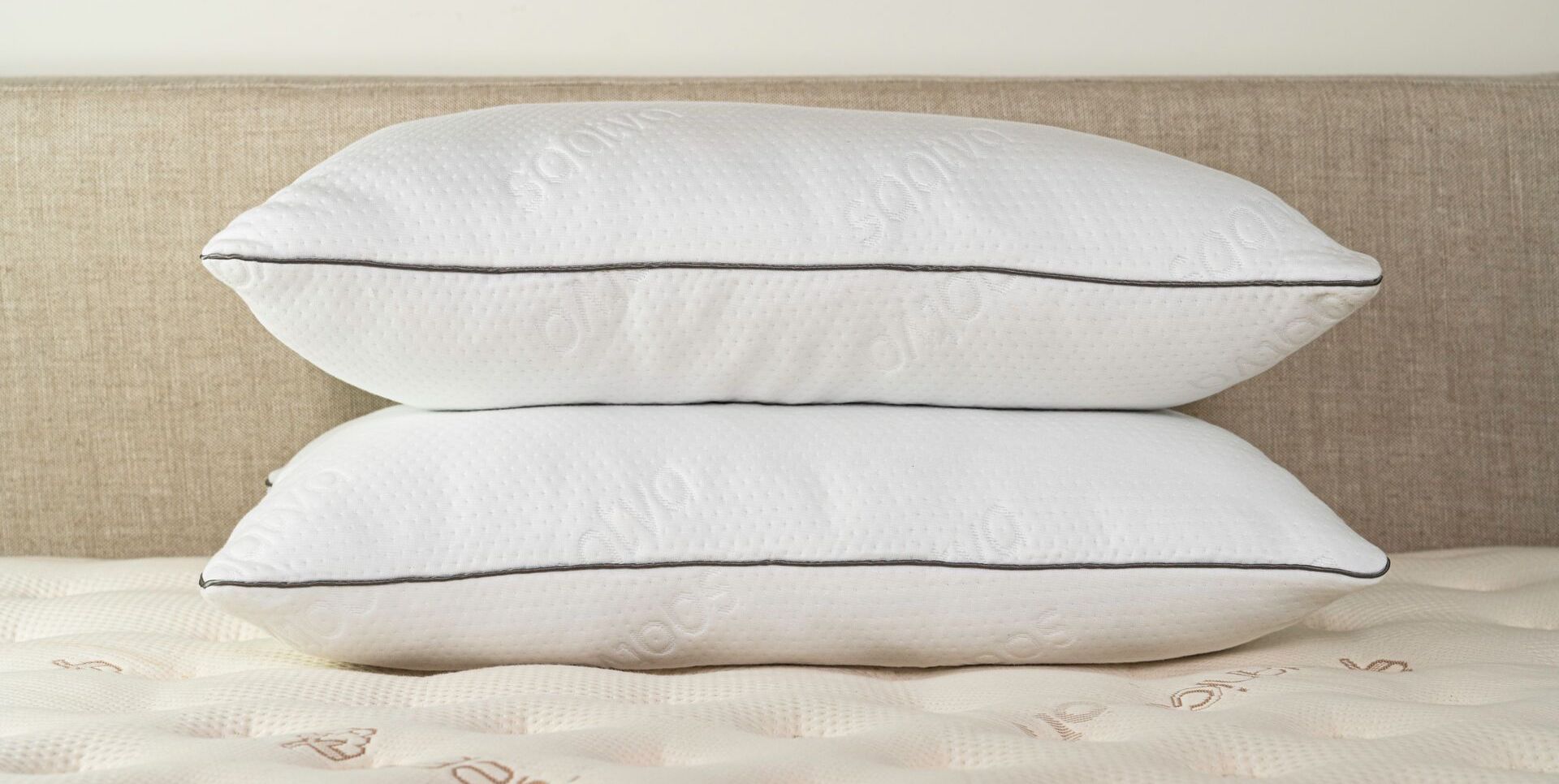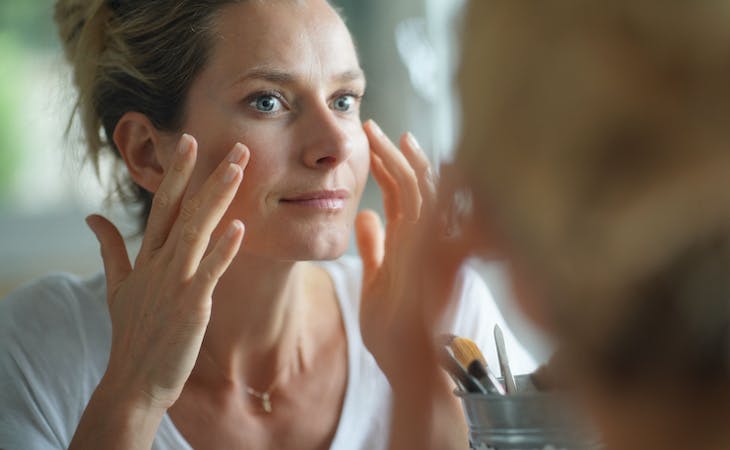The eyes are the windows to the soul. We’ve all heard that old adage, right? Well, what if we didn’t sleep too well last night—will our eyes reflect how tired we are in the form of puffiness, bags, and dark circles?
Since no one wants to hear the dreaded, “Wow, you look tired,” that’s definitely a question for the ages. Dark circles under the eyes have many causes and culprits, including lack of sleep.
We’re here to help you find out more about what causes dark circles and how to treat them.
Are dark circles caused by lack of sleep?
Dark circles can be caused by a lack of sleep. According to one study out of University Hospitals Case Medical Center, poor-quality sleepers showed increased signs of skin aging, including fine lines, dark circles, and reduced elasticity.
Why is that? Well, extreme fatigue and sleep deprivation can not only make your skin appear duller and paler but the dark tissues and blood vessels beneath the skin can begin peeking through. Additionally, lack of sleep can cause fluid to build beneath the eyes, which makes them look puffy.
Lest you think you need to spend 15 hours in bed every day (which, honestly, may not sound that terrible some days), lack of sleep isn’t the only cause for dark circles. They can also be caused by:
Age
Let’s “face” it—we all age. As that happens, the skin becomes thinner—especially the skin under your eyes, which is pretty thin to begin with. In fact, it’s the thinnest skin on your entire body! When this happens, the fat and collagen that help your skin to remain plumped decrease, which causes the dark blood vessels beneath your skin to come through more clearly. Hello, annoying dark circles.
Genetics
As much as we try, sometimes we just can’t escape what we’re born with. Genetics and family history can affect whether you’re predisposed to dark circles, which unfortunately means they’ll appear no matter what.
Dehydration
Here’s just one more reason to drink plenty of water during the day. Hydration is key for so many skincare and body reasons—but one major one is that lack of water can cause a sunken appearance under your eyes.
Sun exposure
While the feeling of the sun on the skin is pretty darn delightful, melanin, or the pigment that gives your skin color, is directly affected by the amount of sun exposure you get. It’s important to always wear SPF to protect the skin from UV rays, especially because too much sun can cause the pigmentation around the eyes to become darker.
Other potential causes of dark circles include allergies, eye strain from staring at devices, and anemia.
How do you treat dark circles from lack of sleep?
There are a few key ways to help lessen the appearance of dark circles caused by lack of sleep.
Get more sleep
It’s recommended that adults should get seven to nine hours of sleep a night. This is important not only for the body to recharge and rejuvenate itself but for your under eyes to actually get the rest they need too. (Here’s why you shouldn’t sleep in your makeup.)
Add some pillows
Elevating your head is important to help keep fluid from pooling under your eyes. When fluid gathers in that thin under-eye skin, it can make the skin appear much darker and more hollow. Treat yourself to a few

Cooling comfort and contouring support ideal for side sleepers
that will not only contour to your head and neck but can help keep your eyes from looking puffy.
Refrain from alcohol before bed
Let’s be honest—we’ve all overindulged on occasion. That extra cocktail on a Saturday night just seemed like a good idea at the time, right? But not only does an excess of alcohol disturb sleep, but it can also make dark circles under the eyes come out to play. Try to avoid alcohol for at least a few hours before bedtime to ensure your sleep is as restful as possible.
Try a tea bag
Did you know that caffeine can help restrict the blood vessels underneath your eyes so you appear more rested? It’s true! Soak two black or green tea bags in hot water and chill for a few minutes in the refrigerator, then apply them to your closed eyes for about 10 minutes. Hello, bright eyes! (Learn about the benefits of caffeine sleeping masks for your skin.)
Pop an antihistamine
Suffering from allergies? They can actually cause dark circles to appear under your eyes too. That’s because the histamines that trigger allergic reactions can dilate the blood vessels and cause inflammation. If your eyes are irritated, that can also cause damage because you’ll be rubbing your eyes more. Pop an antihistamine before bed so you can not only manage your allergies but the formation of dark circles while you sleep.
The bottom line: In some cases, at-home treatments may not work, especially if under-eye circles are caused by aging or genetics. If you feel like you’ve exhausted your options and are still seeing pesky under-eye circles, you may need to visit a dermatologist to discuss professional treatments.
FAQs
Why does lack of sleep cause dark circles—and how many hours of sleep is necessary?
Getting seven to nine hours of sleep a night is important not only to feel rested but to look rested too. If you’re sleep deprived, your skin can look paler and duller, and then the blood vessels and tissues can peek through, leading to dark circles.
Are dark circles from lack of sleep permanent?
The true answer is not necessarily—but, unfortunately, they can be. Genetics plays a large role in whether or not dark circles appear, so even if you’re getting the right amount of sleep, you still may just be predisposed to seeing dark shadows under your eyes. If you’ve tried many at-home options without success, you can also visit a dermatologist to look into professional treatments (pun intended).
Will dark circles go away with sleep?
Getting the recommended seven to nine hours a night is definitely putting you on the right track to watch those dark under-eye circles fade. While it isn’t guaranteed that more sleep will help dark circles disappear for good, it’s always the first step.
Can sleep deprivation also cause your hair to fall out? Here’s what you need to know about the link between lack of sleep and hair loss.




